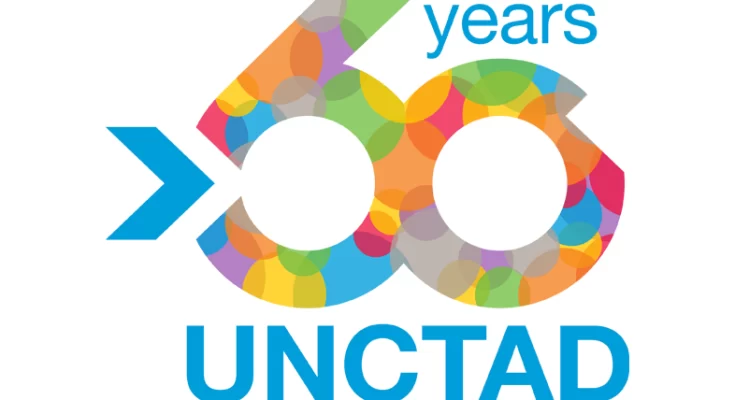UNCTAD will mark its 60th anniversary with a Global Leaders Forum from 12 to 13 June at the Palais des Nations in Geneva, held under the theme “Charting a new development course in a changing world.”
UN Secretary-General António Guterres will open the two-day event, which will unite heads of state and institutions, representatives of governments and civil society, and leading economists and experts.
The Forum, “Charting a new development course in a changing world”, will unite leaders from across countries and industries to catalyze a new course for development.
Participants from across the globe will convene to advance new development thinking and actions in the current era of “polyglobalization”, marked by growing economic diversity and decentralization, even as countries become ever-more interdependent at a global level.
“As we adapt to changing times, charting a new development course provides a framework for building a future that is resilient, equitable and sustainable,” UNCTAD Secretary-General Rebeca Grynspan said.
In exploring new strategies for development, the Forum will focus on UNCTAD’s integrated treatment of trade and development, and the interrelated issues of finance, technology, investment and sustainable development. It will pay special attention to the needs of developing nations, particularly the least developed countries, small island developing states and landlocked developing countries.
Six decades facing up to development challenges
In the sixty years since UNCTAD’s creation, the world economy has seen the rise of the Global South, the creation of a vast digital economy and unprecedented reductions in global poverty and hunger.
But the past decades have also witnessed worsening inequalities within and among countries, more frequent boom and bust trade and finance cycles, and a growing threat of climate catastrophe, especially in the countries that have done the least to cause it.
The COVID-19 pandemic has laid bare the world’s diminishing capacity to recover inclusively from crises – evident in rising poverty and hunger and consecutive reductions in the Human Development Index.
The systems of global economic governance have not kept pace with these shifts, leading to a contradiction at the heart of globalization. This can be measured in ever-more frequent crises meeting ever-weaker international responses, a worrying trend towards economic slowdown and geopolitical fragmentation, and a world system that simultaneously connects and divides, enriches and impoverishes, empowers and marginalizes.
A new path forward
UNCTAD was created with the explicit goal of ensuring that globalization left no one behind. Sixty years later, delivering this mission calls for a profound paradigm shift – in how to leapfrog through technology, finance and prepare trade for a global race of climate action, and define and measure progress.
“UNCTAD’s 60th anniversary represents a seminal moment, an opportunity to reflect on the lessons learned over the past six decades and forge a new path forward, with a shared vision for the future,” Ms. Grynspan said.





